What is Blockchain ?
Blockchain technology is a system of recording information in a way that makes it difficult or impossible to change, hack, or cheat the system. A blockchain is essentially a digital ledger of transactions that is duplicated and distributed across the entire network of computer systems on it.
Key Characteristics of Blockchain:
- Decentralization: Unlike centralized systems, where a single entity controls the data, blockchain distributes control across a network of computers. This means no single person or entity has control, enhancing security and transparency.
- Transparency: Every transaction on the blockchain is recorded and visible to everyone in the network. This transparency ensures that activities are open and easily traceable.
- Immutability: Once a transaction is recorded on the blockchain, it cannot be altered or deleted. This immutable nature of blockchain makes it secure against fraud and tampering.
- Consensus Algorithms: Blockchain uses consensus models like Proof of Work (PoW) or Proof of Stake (PoS) to agree on the validity of transactions. This ensures that each transaction is verified and agreed upon by the network, making the blockchain trustworthy.
- Smart Contracts: These are self-executing contracts with the terms of the agreement between buyer and seller directly written into lines of code.
How Does Blockchain Work?
At its core, a blockchain is a chain of blocks, but not in the traditional sense of those words. When we say “block,” we refer to digital information (the “block”) stored in a public database (the “chain”). Blocks store information about transactions like the date, time, and amount of your most recent purchase. They also store information about who is participating in transactions. However, instead of using your actual name, your purchase is recorded without any identifying information using a unique “digital signature,” sort of like a username.
Decentralization
One key difference of blockchain technology is its decentralized nature. Traditional databases like a SQL database is centralized, whereas in a blockchain, every participant has access to the database and its complete history. No single participant controls the data or the information. Every participant can verify the records of its transaction partners directly, without an intermediary.
Potential Uses of Blockchain:
- Cryptocurrency: The most well-known use of blockchain technology is cryptocurrencies like Bitcoin and Ethereum. Cryptocurrencies are digital or virtual currencies that use cryptography for security and operate independently of a central bank.
- Smart Contracts: Smart contracts are self-executing contracts with the terms of the agreement directly written into lines of code. They are used to automate the execution of an agreement so that all participants can be immediately certain of the outcome, without any intermediary’s involvement or time loss.
- Healthcare: It can be used to securely and efficiently manage patient data. This includes medical records, which are sensitive and require high security. The decentralized nature of blockchain ensures that the data is not controlled by a single entity and is accessible to the patient and authorized personnel only.
- Supply Chain Management: It provides a transparent and tamper-proof way to record the production, shipment, and receipt of products in a supply chain. This can greatly improve the tracking of goods, reduce costs, and minimize human error.
- Voting: It can be used to facilitate secure and tamper-proof voting systems. This could increase voter turnout and help reduce election fraud.
Conclusion:
Blockchain technology offers a potential shift in the way we handle digital transactions and data management. Its decentralized, secure, and transparent nature opens up possibilities in various sectors, from finance to healthcare. As the technology matures, we can expect to see more innovative uses of blockchain in different fields.
Remember, the blockchain is a continuously evolving technology, and staying updated with its advancements is crucial for understanding its future impact. For more health-related technology insights, stay tuned to our blog.




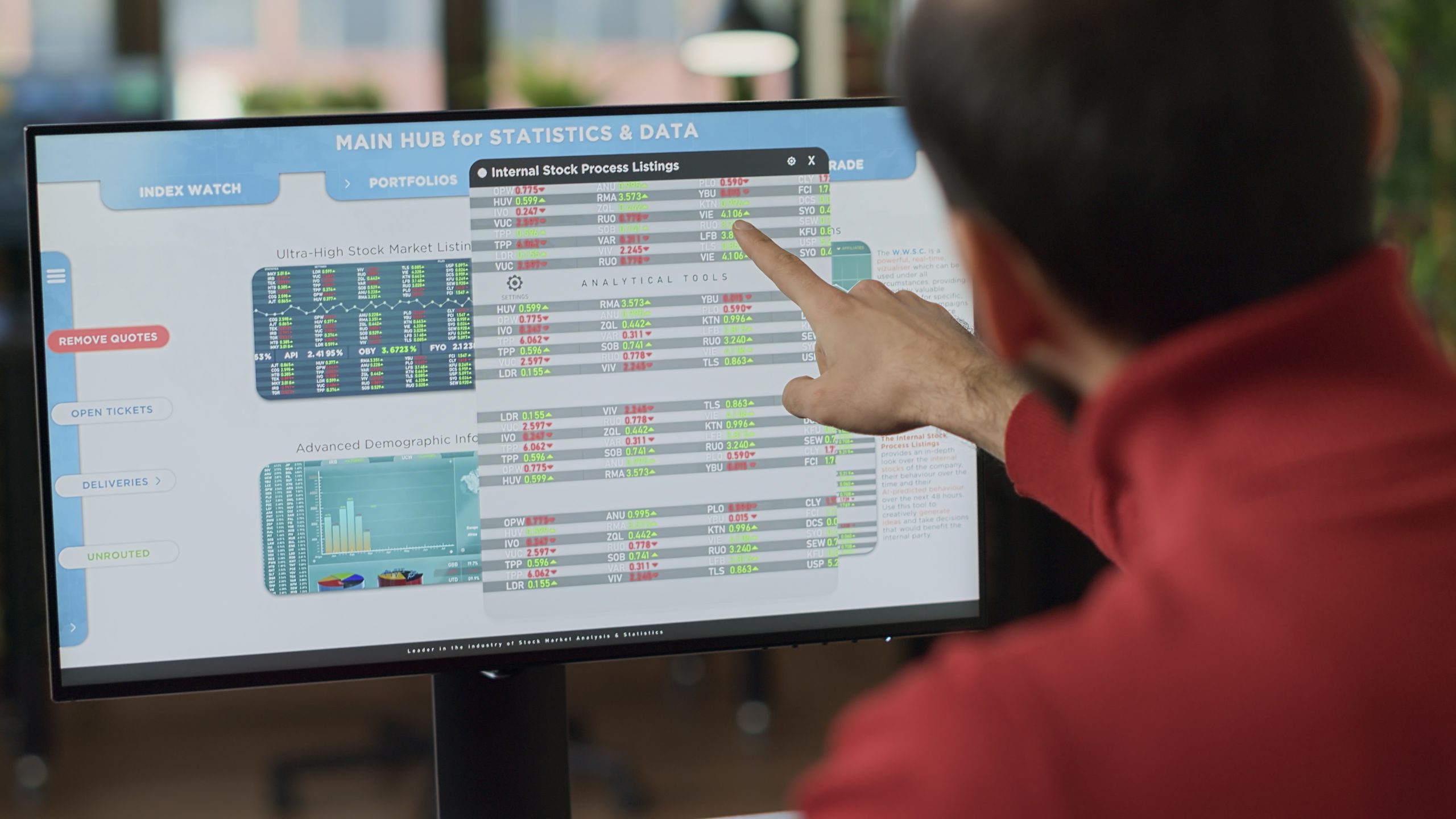


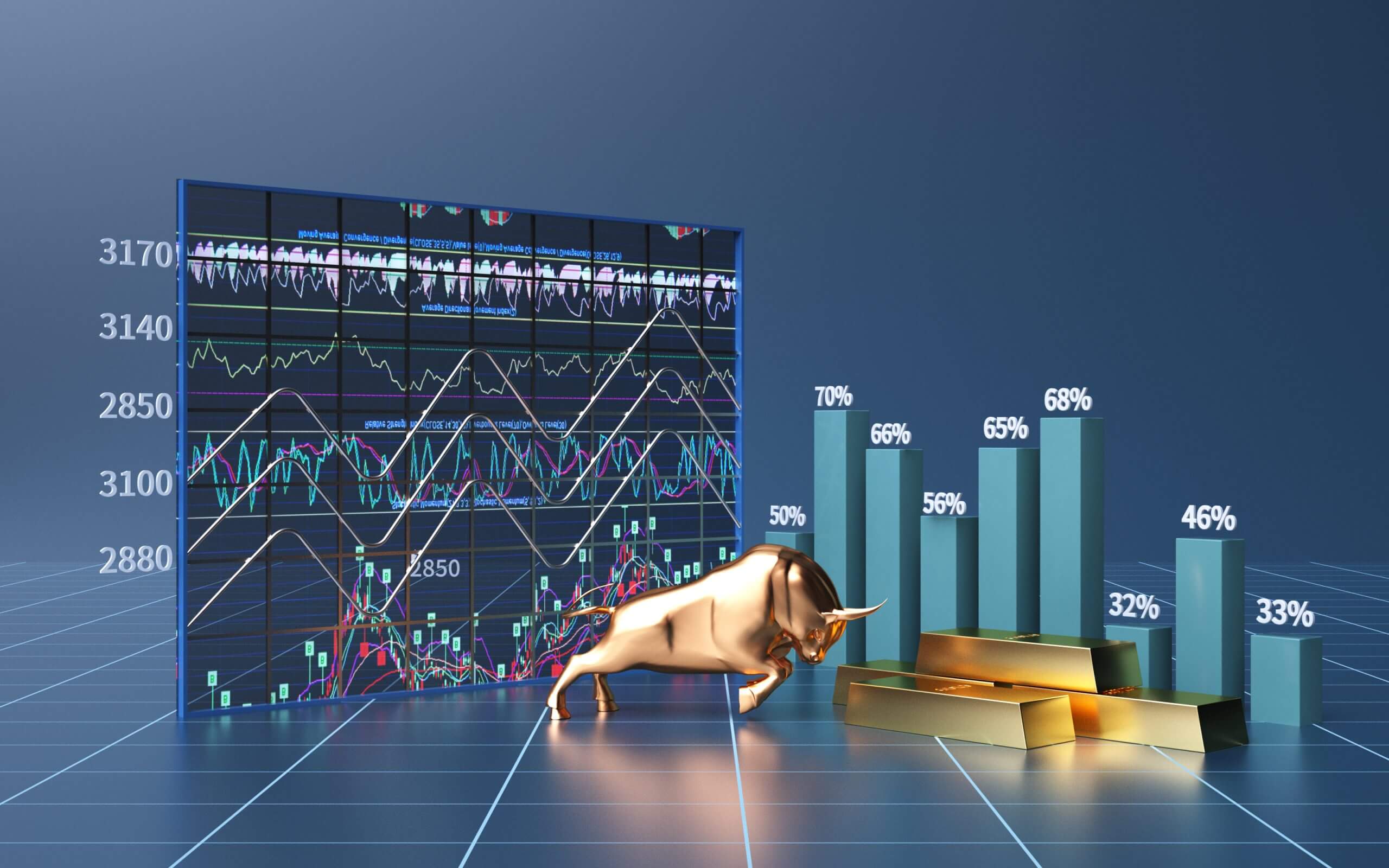
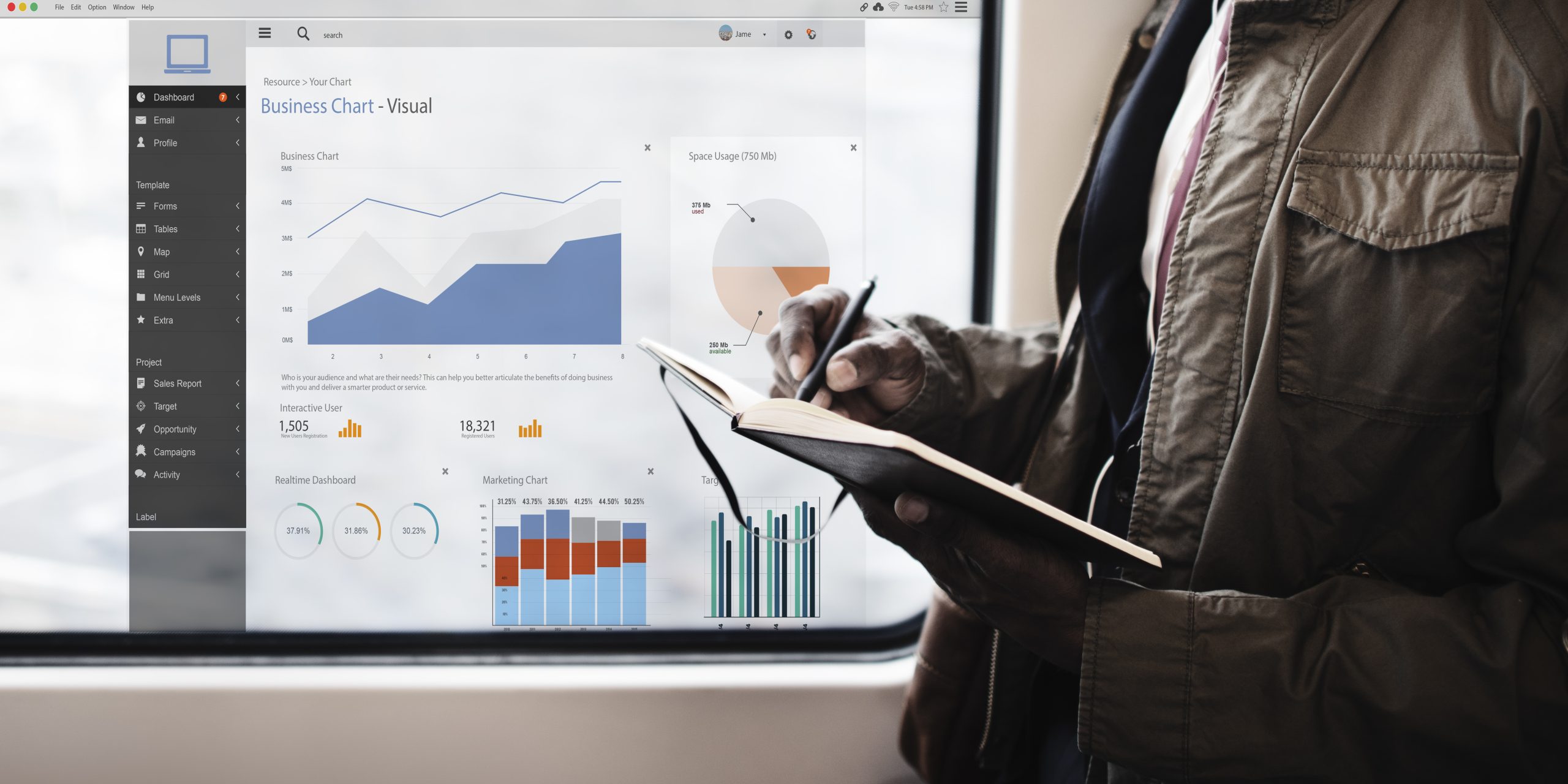

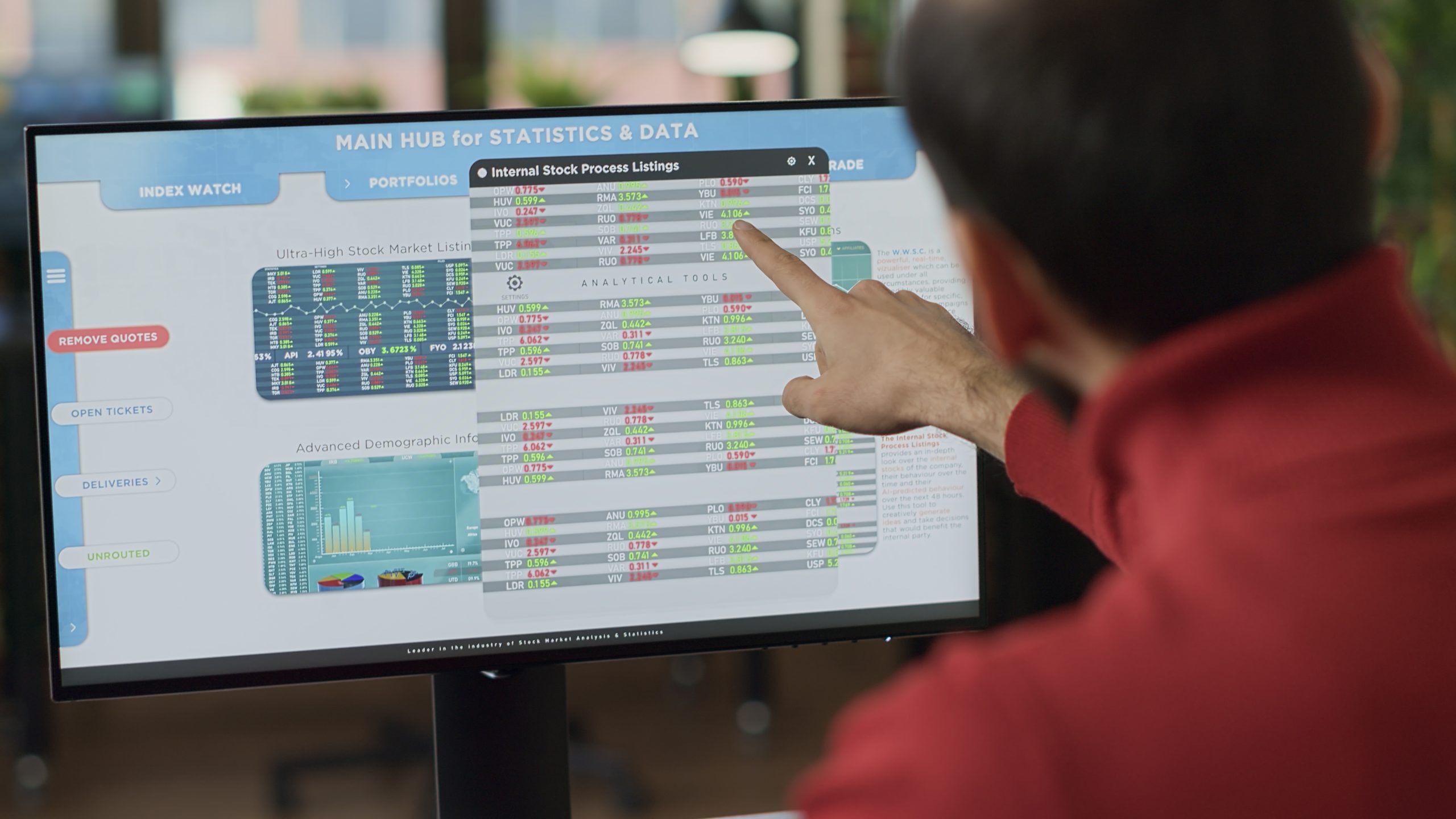

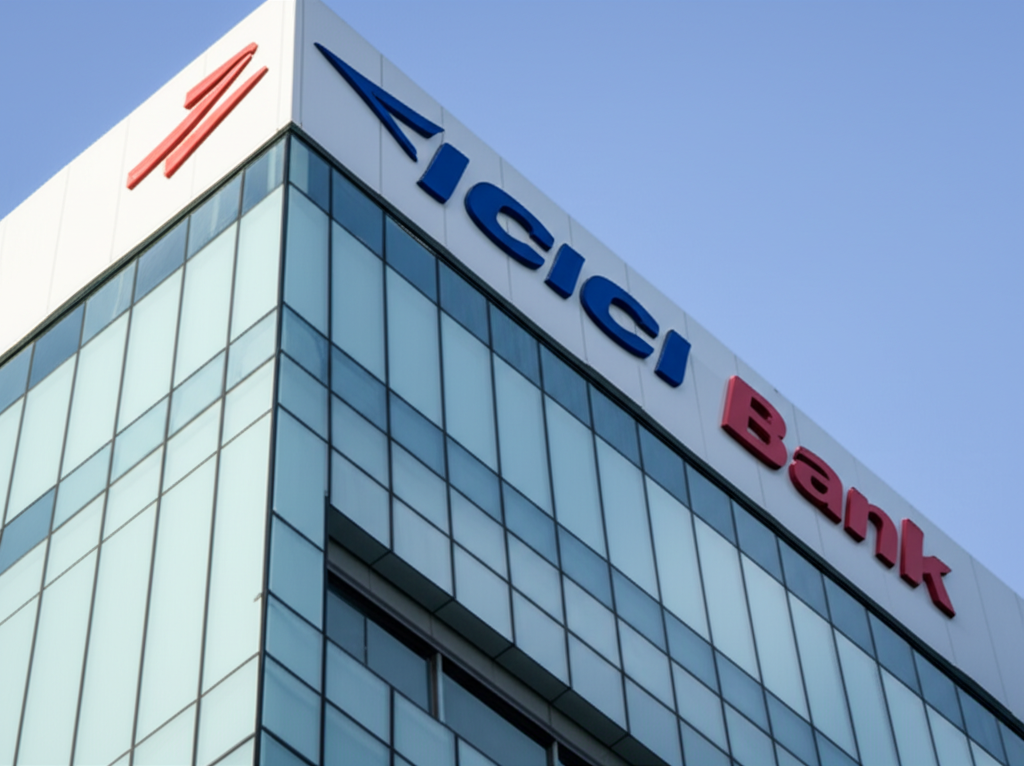
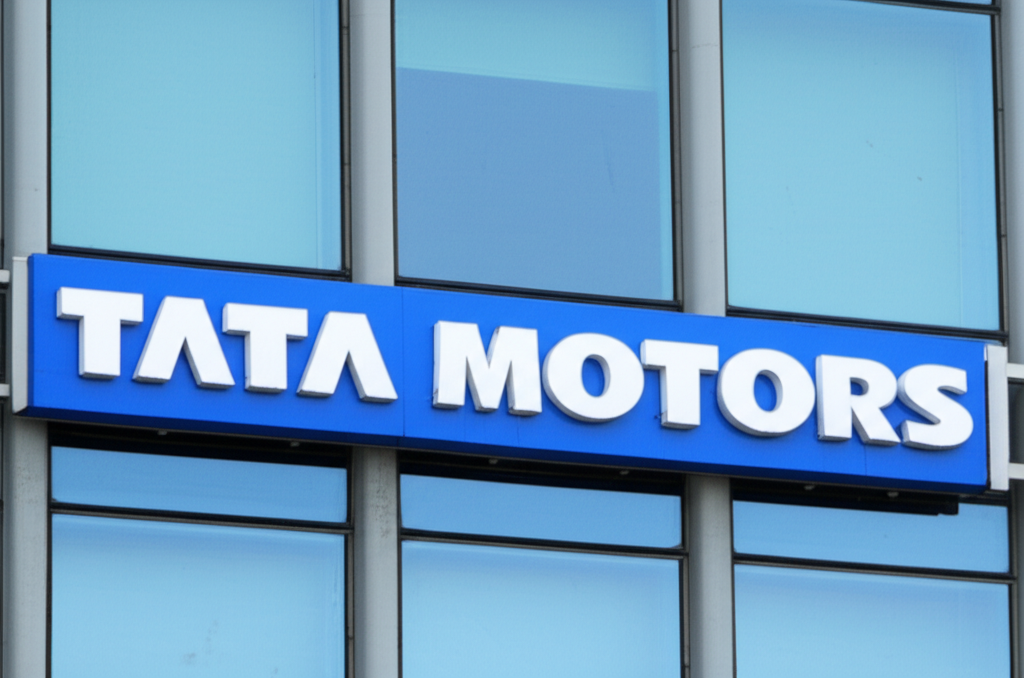
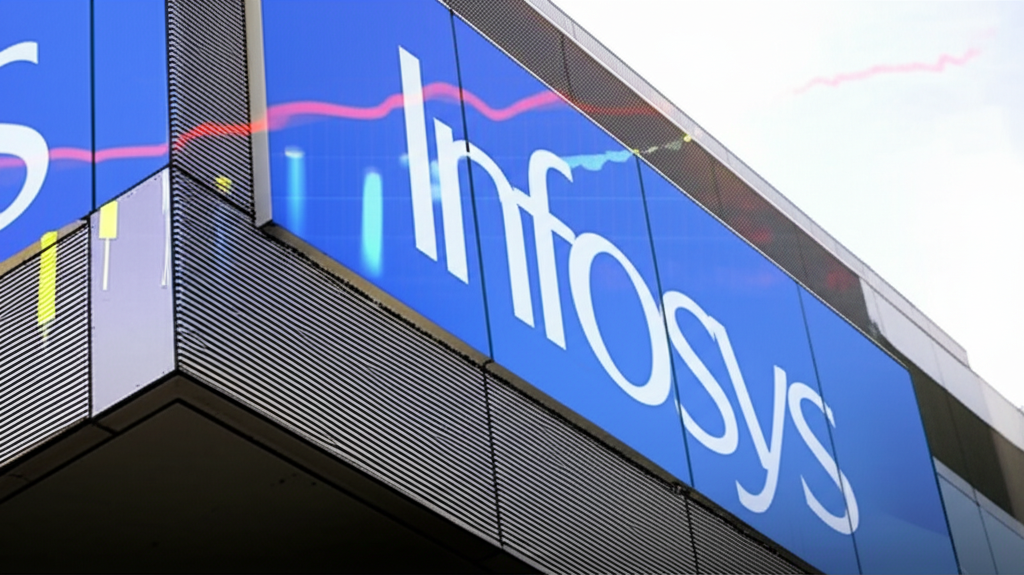
0 Comments